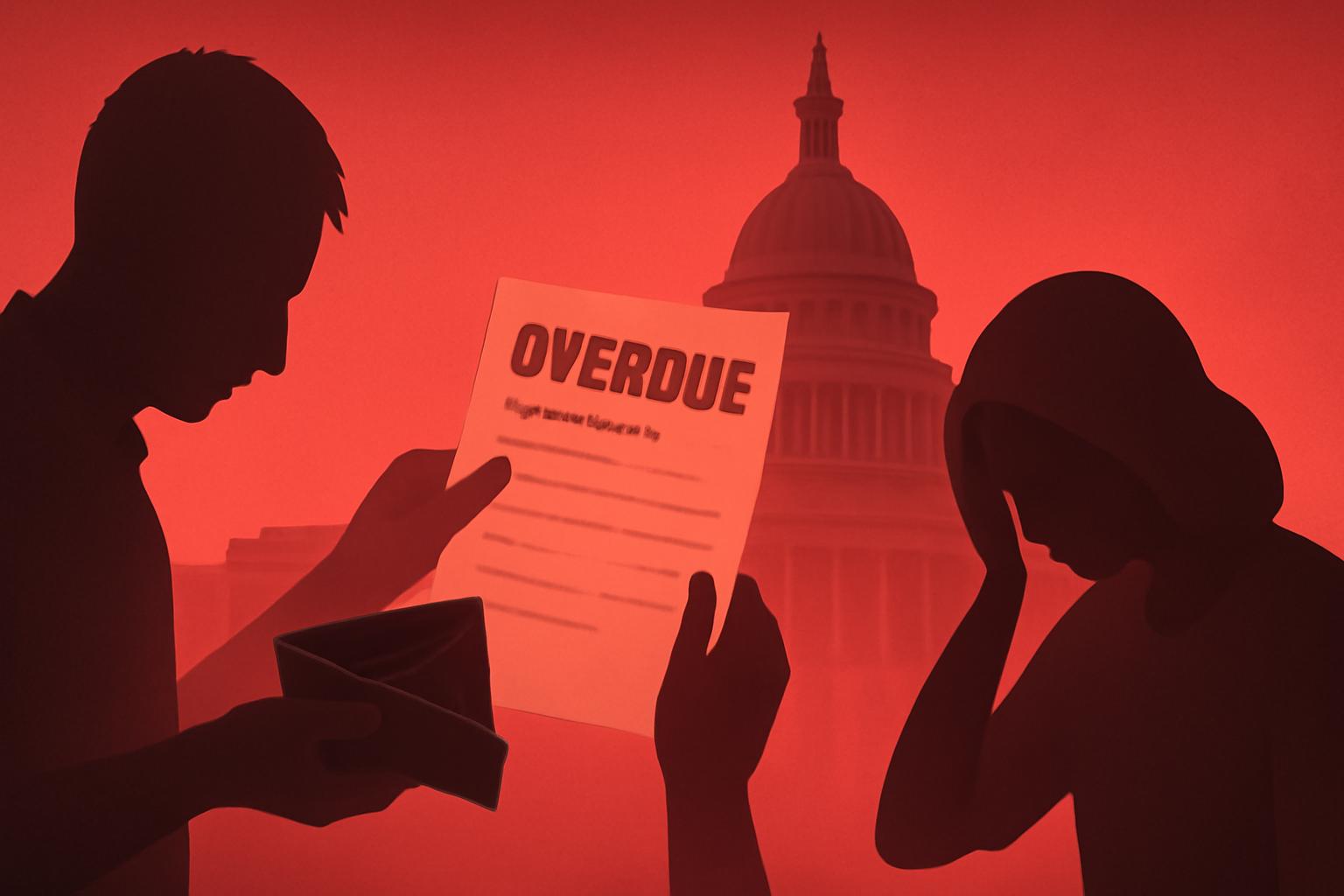Government Shutdown Deepens Financial Strain on Low-Wage Federal Contractors
On Tuesday morning, Willie Price began her day delivering newspapers before heading to her food service job at the Library of Congress cafeteria. By Wednesday, the government shutdown halted her work, leaving her without income and facing uncertainty about how to pay her bills. Price, 65, earns roughly 16 cents per newspaper delivered and $25 an hour in food service, living paycheck to paycheck. She expressed deep concern, stating, “I could lose the house. I could lose my car. I could lose everything.”
Contractors Face No Guarantee of Back Pay
Unlike many federal employees who receive back pay after a shutdown ends, contractors like Price do not have such protections. Many hourly contractors working directly or indirectly for the government face unpaid furloughs during the shutdown. The Senate’s failure to pass funding bills has extended the shutdown beyond three days, with expectations for it to continue through at least Monday, October 6. Prolonged shutdowns exacerbate financial pressures on workers already struggling to make ends meet.
“A prolonged shutdown could put an immense amount of financial strain on low-wage workers, many of whom already live paycheck to paycheck,” said Randy Erwin, president of the National Federation of Federal Employees.
Personal Stories Highlight Shutdown’s Human Toll
Audrey Murray, 64, a Smithsonian security officer earning $20.22 an hour, will stop receiving pay starting October 6. While she holds a second job at the State Department, that income alone will not cover her monthly expenses. Murray, a single mother and full-time caregiver, shared the lasting impact of the 2018 shutdown, recalling how it took two years to repay borrowed money. Her monthly mortgage is $2,200, with additional expenses for groceries, utilities, and childcare.
“How am I going to feed my children and pay my bills? I need to keep my electric on. I have to keep my gas on,” Murray said, reflecting the dire choices many face.
Widespread Consequences for Federal Workforce
The Congressional Budget Office estimates that around 750,000 federal workers could be furloughed without pay daily during the shutdown. Low-wage contractors, including security officers, cleaners, and food service staff, face the most severe hardships. Manny Pasterich, president of 32BJ SEIU, emphasized the disproportionate impact on contracted workers who earn less and lack back pay protections.
“A government shutdown would turn their lives upside down, forcing many to risk eviction, have their utilities turned off and leave them unable to feed themselves and their families,” Pasterich said.
At the Smithsonian, Murray observed the emotional toll on colleagues, many of whom have broken down in tears over financial uncertainty. “It’s so sad to see everybody sad,” she said. “People don’t know how they’re going to pay their bills. People don’t know how they’re going to put food on the table.”
FinOracleAI — Market View
The ongoing government shutdown poses significant risks to low-wage federal contractors, exacerbating financial instability among a vulnerable workforce. The lack of guaranteed back pay for contractors amplifies their exposure to immediate economic hardship, which could reduce consumer spending and increase demand for social safety nets.
- Opportunities: Increased awareness may drive legislative action to protect contractors’ pay during shutdowns.
- Risks: Prolonged shutdown could lead to higher eviction rates, increased reliance on public assistance, and decreased morale among federal workers.
- Potential negative impact on local economies reliant on federal employees’ spending.
- Heightened union activism advocating for contractor protections.
Impact: Negative — The shutdown threatens the financial security of hundreds of thousands of low-wage contractors, with broader socioeconomic consequences if unresolved promptly.













